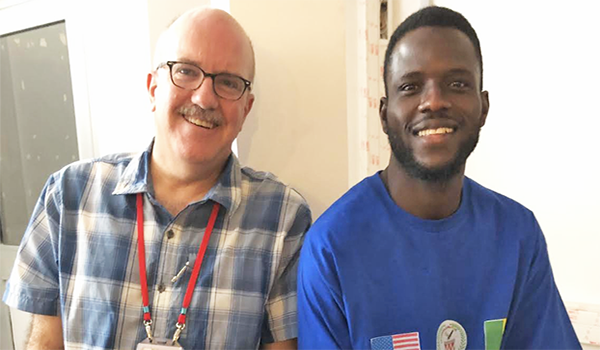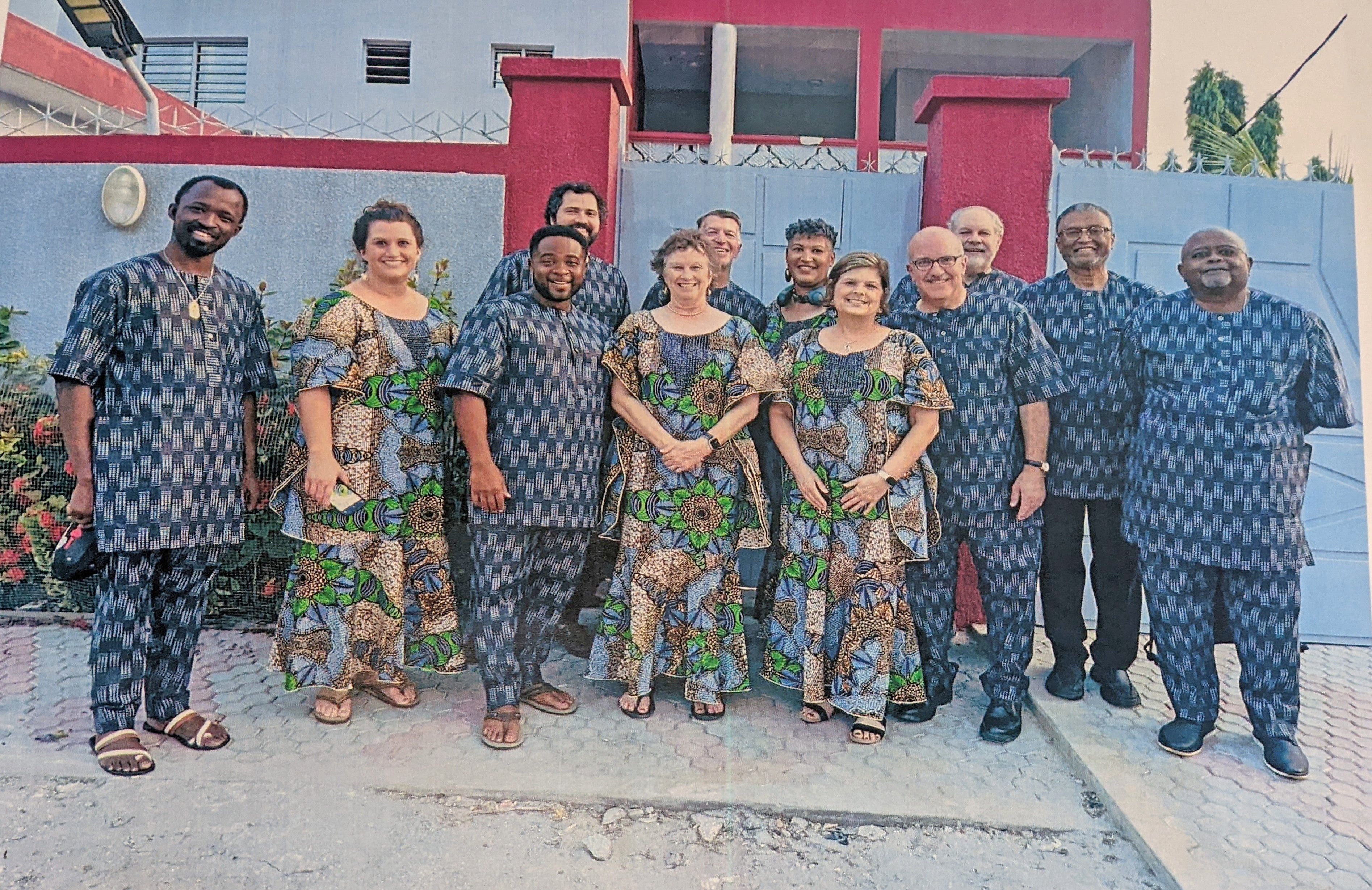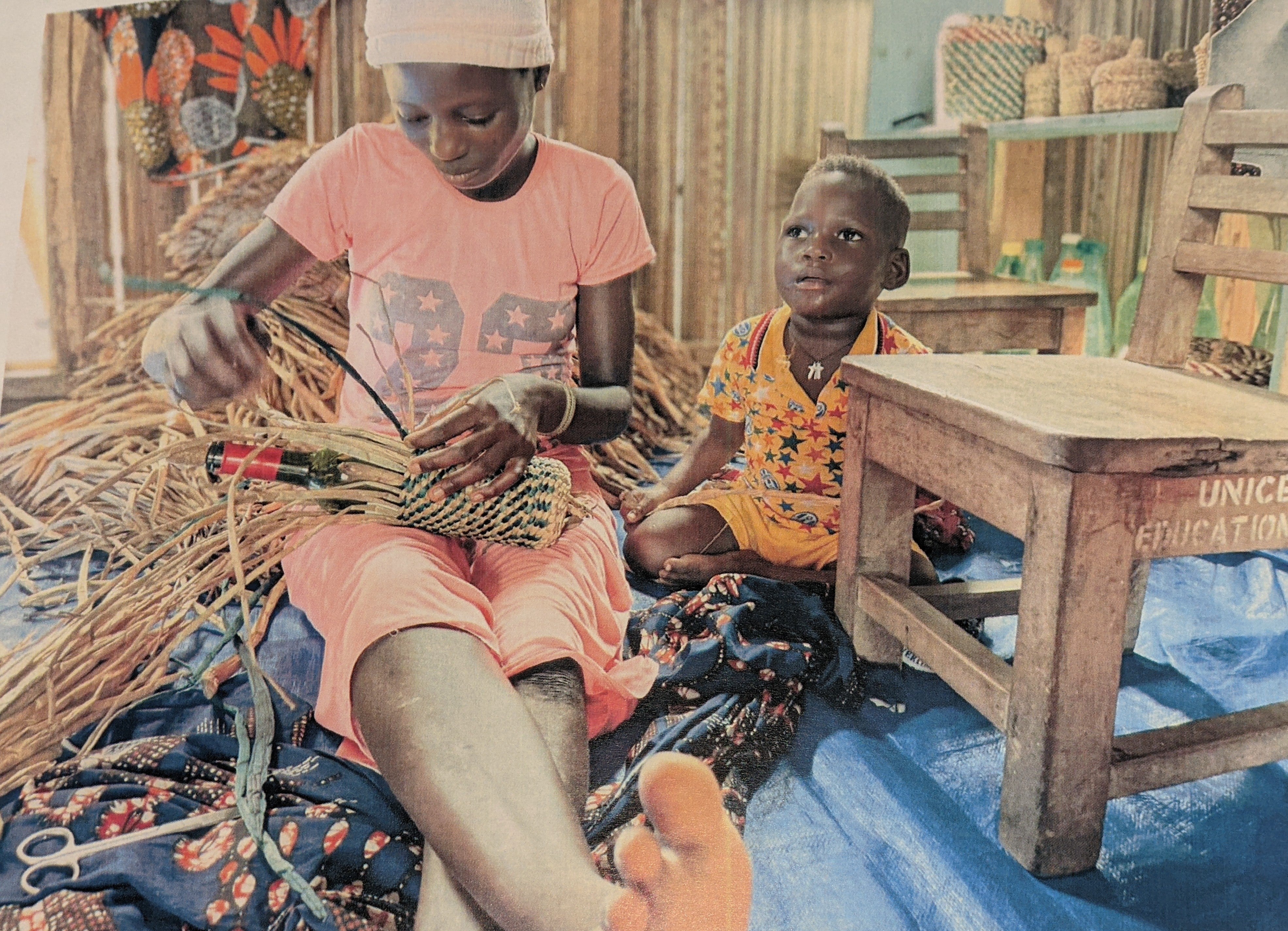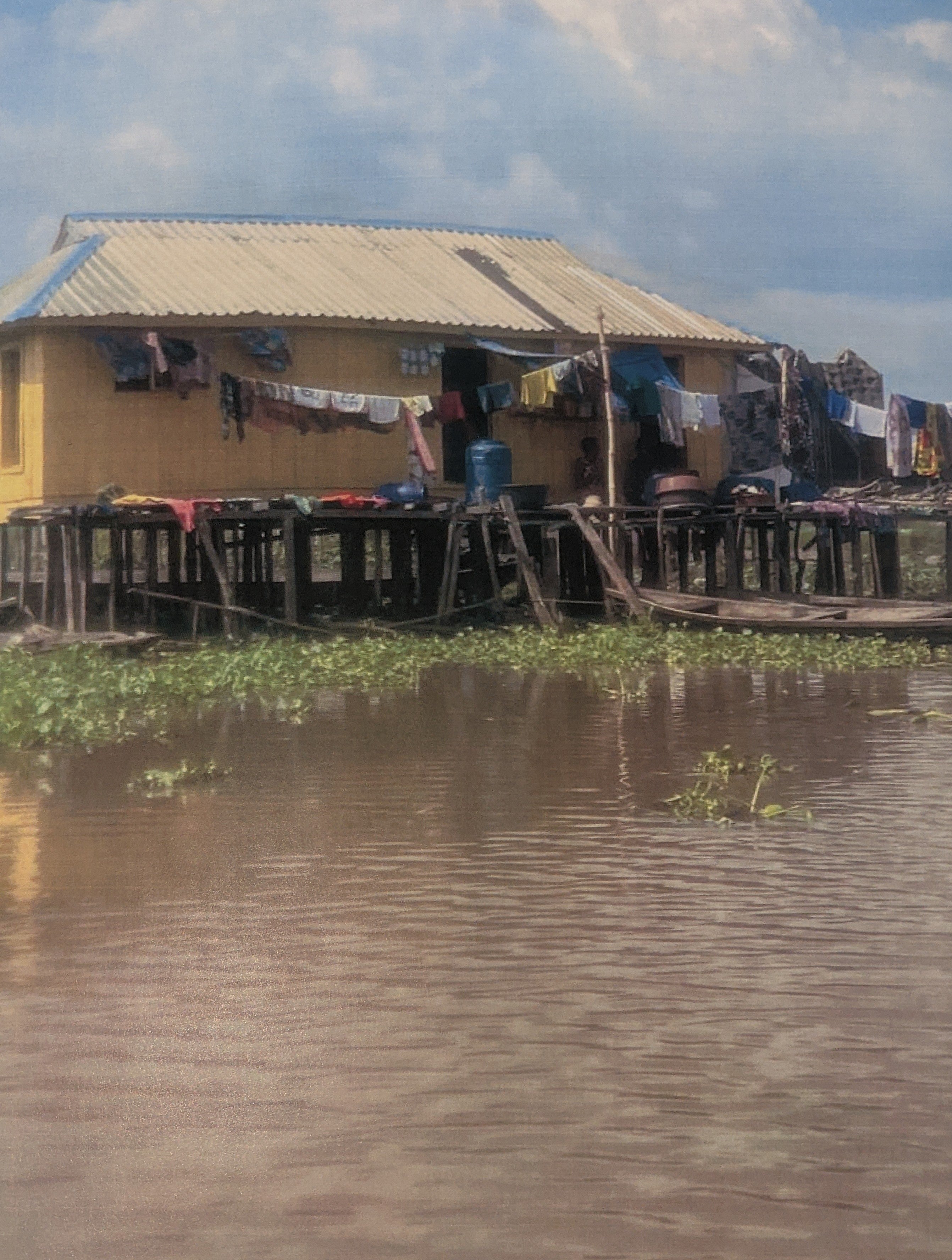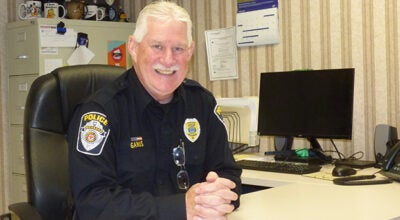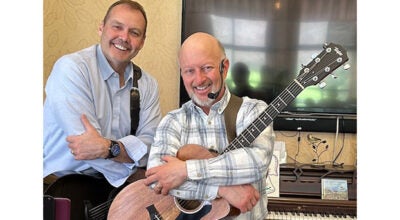Dowagiac pastor travels to Benin, presents research of 19th Century abolitionist
Published 1:02 pm Monday, January 9, 2023
|
Getting your Trinity Audio player ready...
|
DOWAGIAC — A Dowagiac couple recently completed the trip of a lifetime in their quest to peel back the layers of the trans-Atlantic slave trade and its relationship with the church.
After years of studying the work of 19th Century abolitionist David Stedman Ingraham, Dowagiac First United Methodist Church Christopher Momany, his wife Liz, and his team of researchers and scholars, traced the story back to Benin and presented their findings to The University of Abomey-Calavi.
According to Christopher, an excerpt of Ingraham’s journal detailed a slave ship, Ulysses, which in 1839 was impounded by the British government in Jamaica after Britain outlawed slavery in 1833. The British let the captives go free on Jamaica and according to Christopher, the fate of Ulysses remains a mystery.
“I was thinking some years ago maybe a group of us would go to Jamaica and try to figure this out and see if any families have descended from the slaves,” Christopher said. “A friend of mine said we should go to Benin, where we think the people from the ship came from.”
There, the group spent almost two weeks visiting sites of historical importance, meeting with church leaders, and presented research to academic colleagues at The International Symposium on Black Slavery from The 16th to 19th Century. Among the places Chrstopher’s team visited include Ouidah – a port city which was infamous during the days of the trans-atlantic slave trade – and Ganvie, a popular lake village built on stilts in Lake Nokoué.
“I don’t want to say it just changed my entire life, but it kind of took my convictions and taught them some more, so that I feel responsibility to share this when I get back states so that both my people in the church here and others can learn,” Christopher said. “I think I’ve been inspired to keep doing this kind of work because it wasn’t really a vacation you know, and it wasn’t just a tour. We met with church officials, talked about issues in the Christian church and Africa and what we could do to support each other. It was work but it was good work.”
While language and cultural barriers were often present, the church and the shared desire to create better understanding between people were the connective tissues that brought Christopher’s research team and the people of Benin together. Throughout his research, Christopher has learned much from Asa Mahan, a 19th-century pastor and philosopher who was friends with Ingraham. For Christopher, the theme of Jesus’ atonement was prominent and a key reason why he wanted to present his research to the people of Benin.
“Who did Jesus die for,” he said. “In our traditions, we speak and believe that he died for every human being on earth. We had a basis to at least say from our standpoint, this is why it’s important to reach out, you know, and that was pretty well received.”
Christopher and Liz said that the concept of personhood resonates with them following their exhaustive research into the people of Ulysses.
“It’s about the commonality of people across the world and their experiences,” Liz said. “We still have slavery. There are still situations and having a better understanding of some of the origins 200 years ago and then how that carries over today. Are people objects to be used to achieve a goal or are people individuals with agency who deserve dignity?”
“People are gifts,” Christopher said. “History is full of people treating each other like that isn’t so. It’s going on today in America with all of this hatred and name-calling.
“It was an exhausting trip, but it was a really great trip in one sense, getting away from American social media, just to interact with people who treated each other with respect.”


